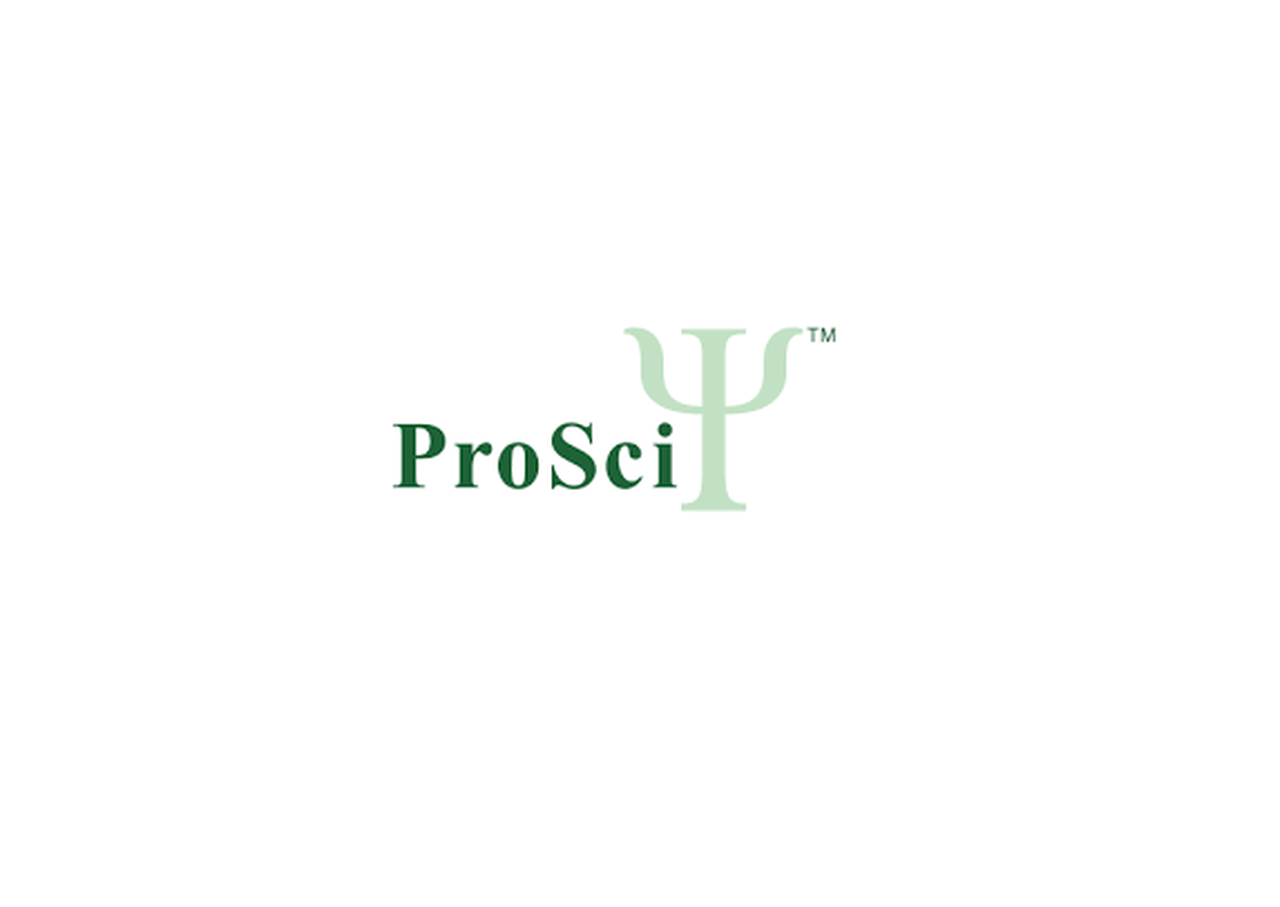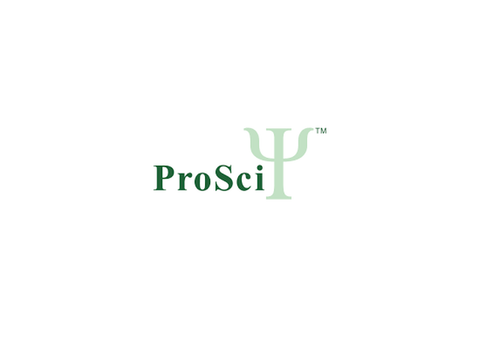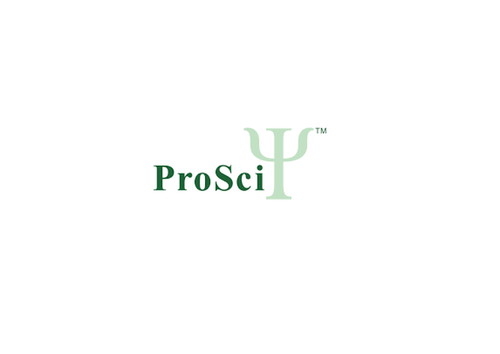Product Description
OR1N1 Antibody | 57-286 | ProSci
Host: Rabbit
Reactivity: Human
Homology: N/A
Immunogen: This OR1N1 antibody is generated from rabbits immunized with a KLH conjugated synthetic peptide between 277-306 amino acids from the C-terminal region of human OR1N1.
Research Area: Neuroscience, Signal Transduction, Growth Factors
Tested Application: WB
Application: For WB starting dilution is: 1:1000
Specificiy: N/A
Positive Control 1: N/A
Positive Control 2: N/A
Positive Control 3: N/A
Positive Control 4: N/A
Positive Control 5: N/A
Positive Control 6: N/A
Molecular Weight: 35 kDa
Validation: N/A
Isoform: N/A
Purification: This antibody is purified through a protein A column, followed by peptide affinity purification.
Clonality: Polyclonal
Clone: N/A
Isotype: Rabbit Ig
Conjugate: Unconjugated
Physical State: Liquid
Buffer: Supplied in PBS with 0.09% (W/V) sodium azide.
Concentration: batch dependent
Storage Condition: Store at 4˚C for three months and -20˚C, stable for up to one year. As with all antibodies care should be taken to avoid repeated freeze thaw cycles. Antibodies should not be exposed to prolonged high temperatures.
Alternate Name: Olfactory receptor 1N1, Olfactory receptor 1-26, OR1-26, Olfactory receptor 1N3, Olfactory receptor OR9-22, OR1N1, OR1N3
User Note: Optimal dilutions for each application to be determined by the researcher.
BACKGROUND: Olfactory receptors interact with odorant molecules in the nose, to initiate a neuronal response that triggers the perception of a smell. The olfactory receptor proteins are members of a large family of G-protein-coupled receptors (GPCR) arising from single coding-exon genes. Olfactory receptors share a 7-transmembrane domain structure with many neurotransmitter and hormone receptors and are responsible for the recognition and G protein-mediated transduction of odorant signals. The olfactory receptor gene family is the largest in the genome. The nomenclature assigned to the olfactory receptor genes and proteins for this organism is independent of other organisms.
 Euro
Euro
 USD
USD
 British Pound
British Pound
 NULL
NULL










![OR1N1 Antibody (C-term) [APR14158G] OR1N1 Antibody (C-term) [APR14158G]](https://cdn11.bigcommerce.com/s-452hpg8iuh/images/stencil/500x659/products/864868/1156935/logo__92149.1659788186__56059.1659862234.png?c=2)



